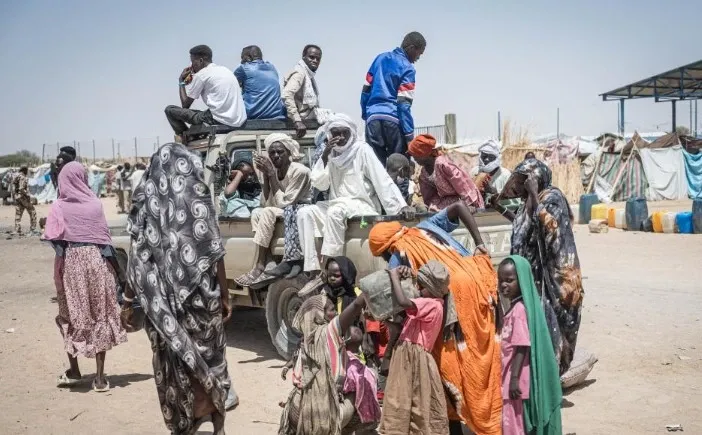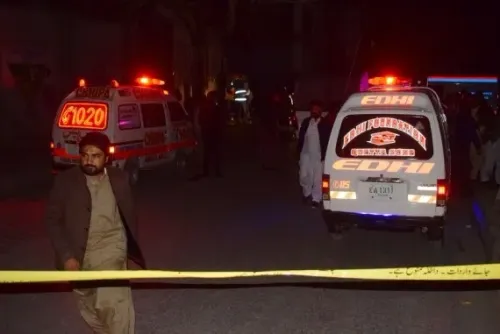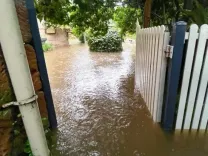Are UN Humanitarians Concerned About the Rising Conflict and Civilian Deaths in Sudan?

Synopsis
Key Takeaways
- Intensifying conflict leads to rising civilian casualties.
- Worsening humanitarian conditions in multiple regions.
- Cholera outbreak continues to spread rapidly.
- Urgent need for international support and humanitarian access.
- Residents face starvation due to lack of food deliveries.
United Nations, Aug 5 (NationPress) - UN humanitarian officials have expressed their deep concern regarding the escalating conflict, increasing civilian casualties, and deteriorating humanitarian conditions in Sudan.
The UN Office for the Coordination of Humanitarian Affairs (OCHA) provided an update on the humanitarian crisis unfolding throughout the nation.
"Our humanitarian teams report that intense fighting persists in North Darfur State, with numerous reports of civilian deaths emerging in recent days," stated OCHA on Monday. They added that in El Fasher, the state capital, clashes took place on Friday and Saturday, following earlier confrontations between armed groups around the Abu Shouk camp for displaced individuals.
This camp currently shelters 25,000 individuals.
OCHA noted that one year after famine was declared in Zamzam, another camp for displaced persons on the outskirts of El Fasher, the city remains besieged, with residents facing starvation. There have been no food deliveries by road for over a year.
In North Kordofan State, the town of Um Sumeima reportedly changed control multiple times in recent weeks, underscoring the instability of the front lines. Civilians are still trapped, and their access to aid is heavily restricted.
OCHA reported that cholera is spreading rapidly throughout Darfur.
In North Darfur, specifically in the locality of Tawila, nearly 1,200 cases have been documented since late June, which includes around 300 cases among children and at least 20 fatalities, according to reports from Xinhua.
In South Darfur, health authorities have recorded over 1,100 suspected cholera cases and 64 deaths since late May, with recent reports indicating a case fatality rate exceeding 6 percent. The humanitarian response is severely hindered by shortages of medical supplies, clean water, and sanitation services, according to OCHA.
In Khartoum State, OCHA noted the presence of landmines in various locations. Both anti-personnel and anti-vehicle mines were identified in Mogran, Omdurman, and Bahri.
"These devices are not only injuring and killing civilians but also obstructing access to health services, markets, and humanitarian aid," the office remarked.
OCHA also reported that flooding in Blue Nile State displaced over 100 individuals in Ed Damazine, the state capital, and destroyed at least 200 tents at the Al-Karama camp on Friday. This presents yet another challenge for those who have fled their homes due to conflict.
"In light of these overlapping crises, OCHA reiterates the urgent need for consistent humanitarian access across Sudan and increased international support for the vulnerable populations in the country," the humanitarian office concluded.










